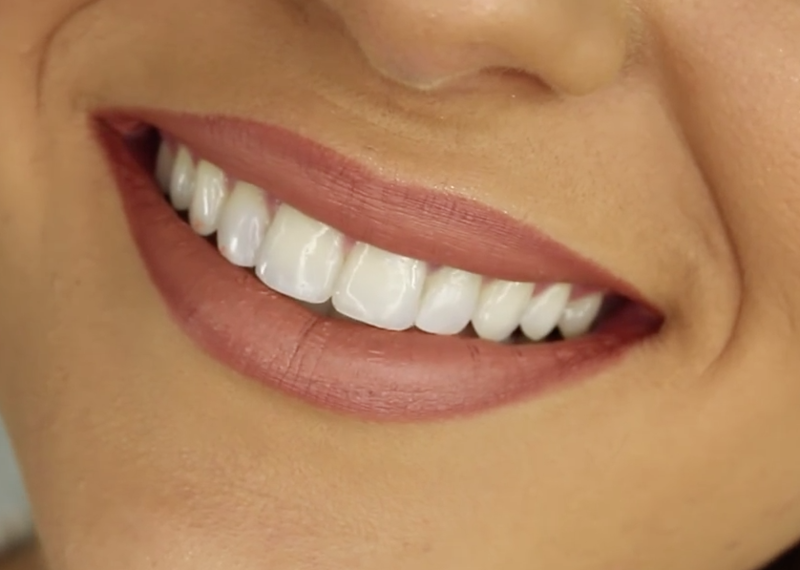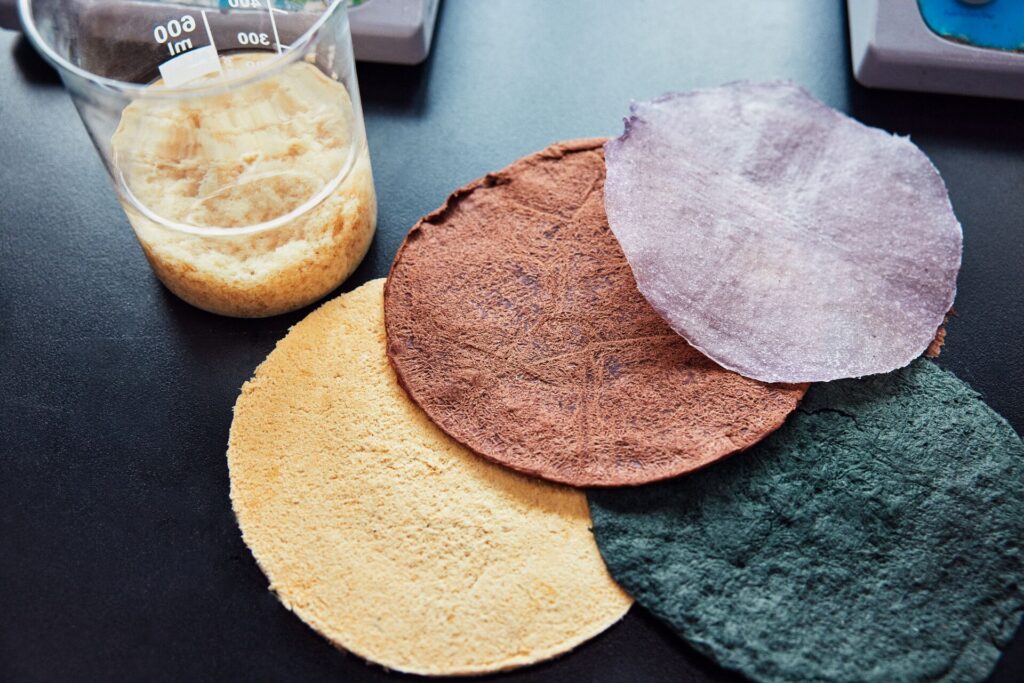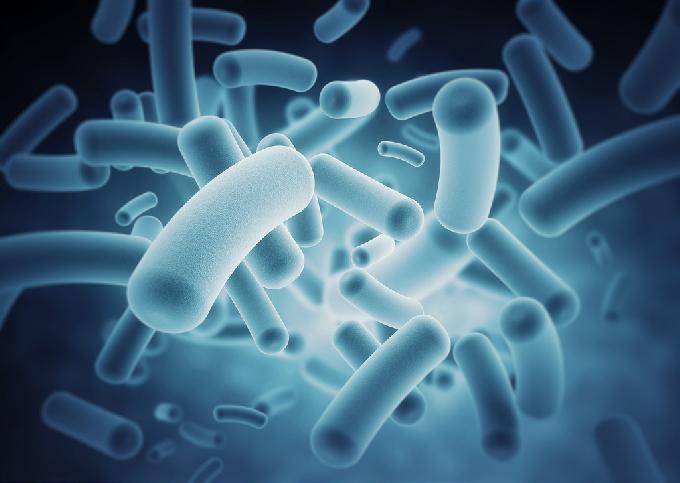Human Teeth Grown in a Lab for the First Time
In a groundbreaking advancement in regenerative dentistry, scientists at King’s College London, in collaboration with Imperial College London, have successfully grown human teeth in a laboratory setting for the first time. As a result, this pioneering research offers a promising alternative to traditional dental treatments like fillings and implants. In the near future, patients may be able to regrow lost teeth naturally rather than relying on artificial solutions.
The Science Behind the Breakthrough
To achieve this, the research team developed a specialized biomaterial that emulates the natural environment necessary for tooth development. Specifically, this innovation enables cells to communicate effectively, triggering the formation of tooth structures. Dr. Ana Angelova-Volponi, Director of Regenerative Dentistry at King’s College London, emphasized the transformative potential of this discovery. In her words, it could “revolutionize dental care” by providing more natural and long-lasting solutions for tooth loss.
A Natural Alternative to Implants
Currently, most dental replacements are invasive and don’t fully replicate the function of a natural tooth. However, lab-grown teeth created from a patient’s own cells could seamlessly integrate into the jawbone. Consequently, this reduces the risk of rejection and provides a more biologically compatible, durable solution.
The Future of Regenerative Dentistry
While this development is still in its early stages, it marks a significant leap toward personalized dental care. Eventually, patients might regenerate their own teeth, eliminating the need for artificial implants or fillings altogether.







